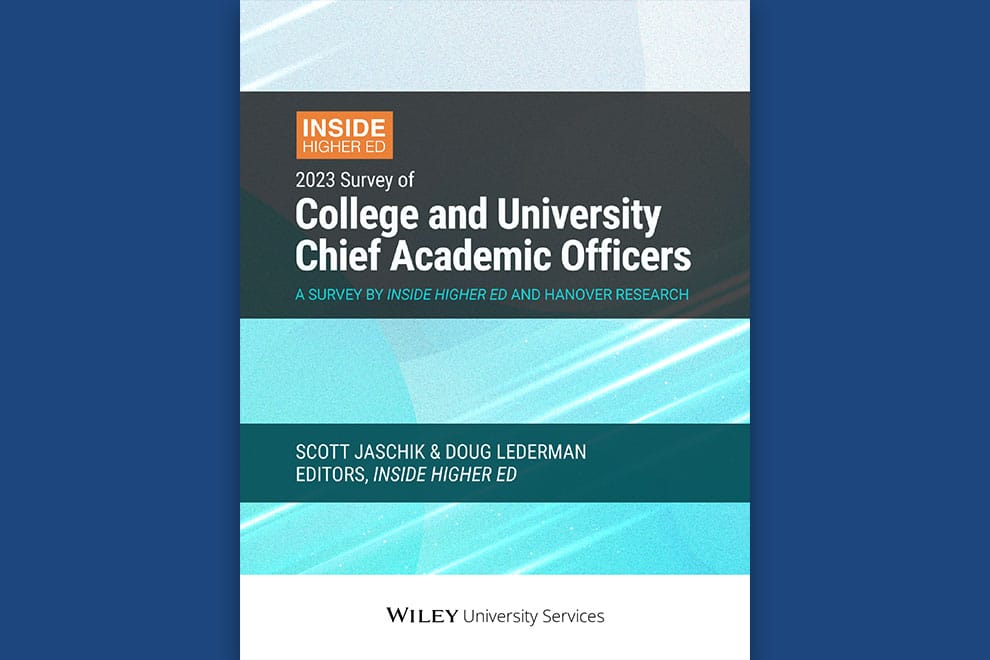Podcasts are an increasingly popular tool in higher education. It is a great way to showcase expertise and share knowledge. It can also allow universities to reach prospective students. An effective podcast can propel marketing efforts forward and have a strong impact.
Click the image below to view the full infographic.
The Rapid Rise of Podcasts
In 2004, the creation of software that enabled iPods to download radio shows laid the foundation for podcasting, according to WorkforcePods. While on-the-go consumption of audio content gained steam over the following year, Wired has credited Apple for kick-starting the industry when the company added 3,000 shows to iTunes in 2005. Today’s podcast library dwarfs that initial offering. As The New York Times reported, there were 700,000 shows as of July 2019, with more being uploaded each month.
Data from Edison Research has shown listenership increased with content options, as about one-third of Americans age 12 or older now listen to podcasts monthly. Plus, regular listeners download or stream seven shows per week. Beyond their high engagement, this audience exhibits traits that universities should find attractive. According to Podcast Insights, many podcast fans:
- Say they learned about a product or service from podcast advertising.
- Likely cut their cable cord, making podcasts a way to reach consumers who rarely see TV spots.
- Often engage on social media and follow brands they like.
- Are drawn to content with an educational focus.
The popularity of educational podcasts is noteworthy for colleges and universities. As more people turn to this medium to learn new things, institutions have an additional avenue for engaging learners.
Reaching Students Through Podcasts
Though institutions can use podcasts to provide access to academic resources through mobile devices, Discover Pods suggested this medium also offers student recruitment potential. By producing educational content that listeners find valuable, institutions can build brand awareness with a broad population of prospective students. Additionally, this medium could help schools sustain relationships with alumni, who may then return to their alma mater for continuing education courses.
What’s more, the production of university podcasts creates hands-on learning opportunities for students. By integrating podcast recording, editing, and marketing into courses, students can bolster competencies related to their major.
Why Podcast?
Podcasts can establish and maintain a connection with your target audience. Engaging, compelling, informative, entertaining—but never salesy— content will lead your podcast to success.
Podcasts also offer universities an opportunity to engage with current and prospective students alike. For example, episodes about career development, work-life balance, and study tips can benefit current learners as well as prospective ones.
- Determine if you can successfully execute a podcast.
Be realistic about whether your team has the qualifications, time, resources, budget, and skills to create, record, publish, and publicize quality podcasts consistently. - Focus on a clear premise for content.
A podcast needs to be based on a clearly defined concept rather than a vague idea. Some might focus on thought leadership and research; others may be tied to a prominent academic program or an issue important to your school or the region.
- Define what success looks like.
Don’t start a podcast just because it’s trendy. You should have a strong strategy with goals and metrics. Ask yourself:
– What is the purpose of the podcast?
– Who is it for?
– How does it fit into your school’s overall mission and brand?
– How will you measure its success? - Assemble a dedicated team.
While some individuals produce shows on their own, most podcasts require multiple people. Some staff members may end up handling several responsibilities, but you’ll need people focused on story development and production, hosting, recording, mixing and editing, promotion, listener relations, and data analysis. - Choose the right equipment and space.
– Invest in quality microphones and headphones
– Determine which recording software and hosting platform(s) to use
– Figure out which technology to use for audio from call-in guests so it is crisp and clear
– Find a quiet recording space free from interruptions or outside noise. If you have a campus radio station nearby, check if the studio is available - Create a plan for your show.
This is the fun part. First, establish general guidelines. How long will each show be? When will it come out? How often? It’s helpful to plan a season’s worth of shows, leaving flexibility for unforeseen developments or news. Once you have a general schedule, you can plan each episode: the topic, host, guest, etc. You can also decide on theme music and a recorded introduction. - Diversify your distribution channels.
There are several platforms for podcasts, so you’ll want to make your show available on a variety of them. Popular options include Apple Podcasts, Google Podcasts, Spotify, Stitcher, TuneIn, SoundCloud, Blubrry, and Player FM. - Promote your podcast to your intended audience.
– Share individual episodes on social media with relevant hashtags
– Link to your podcast from relevant pages on your website
– Add a link in marketing emails, both in a signature and in promotional blasts
– Write a supplementary blog post on the podcast topic with a link to the episode and a transcript, which helps with accessibility and search engine optimization
Podcasts provide an intimate form of communication, leading to greater engagement with your audience. Adding this tool to your university’s higher education marketing strategy can be a smart route to success when building connections with your audience.


















